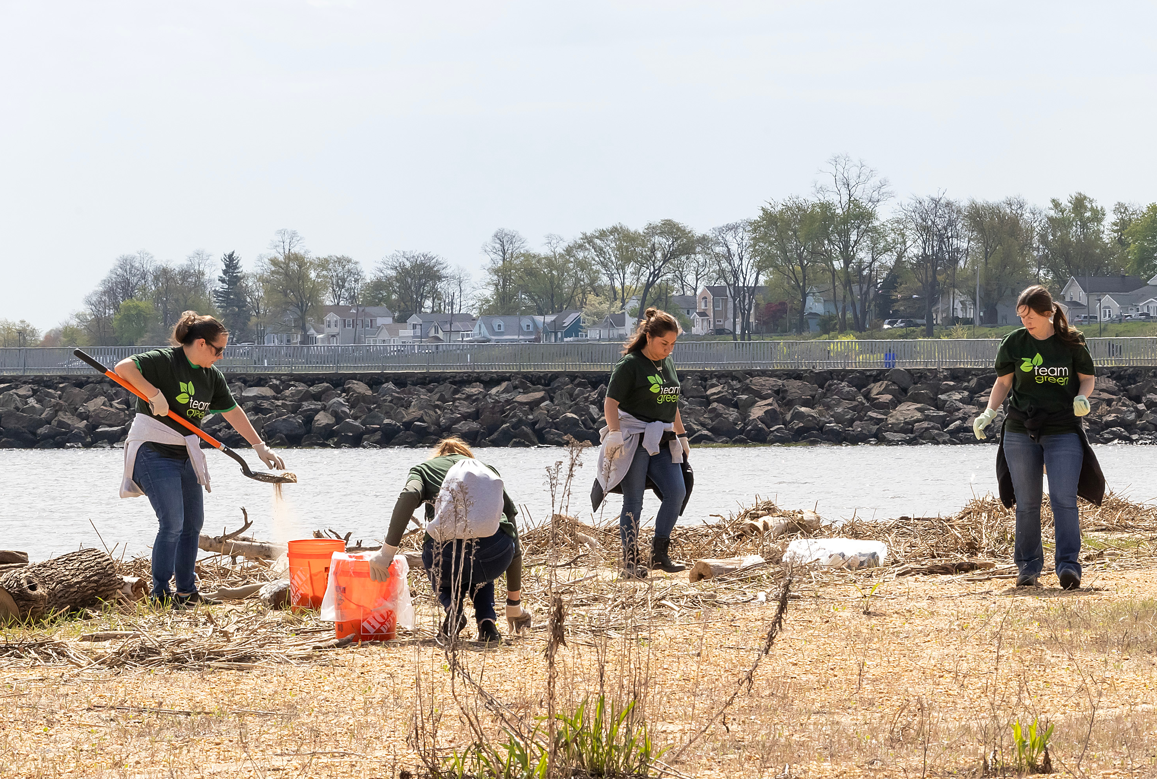
Our sustainability practices encourage environmental responsibility in our day-to-day operations and within our greater sphere of influence.
We're commited to:

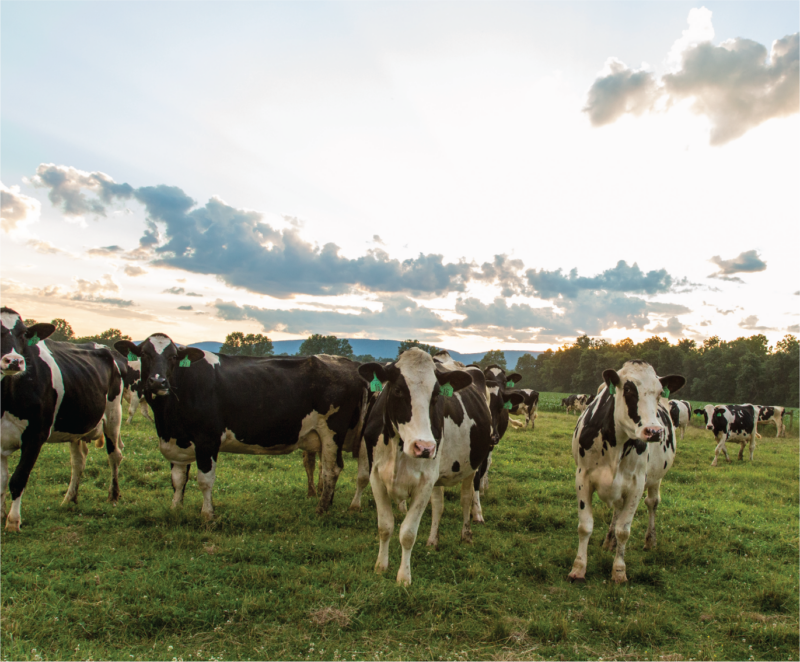

Wakefern’s Animal Welfare and Care Program extends to 10 different species. We work with our vendors to ensure that our brands are sourced from suppliers who meet our animal welfare standards and promote the humane treatment of animals at all times. We require our suppliers to follow strict policies when it comes to the humane treatment of animals. Our guiding principles, standards, and audit program address animal care from housing to harvest and are based on the following five basic freedoms:
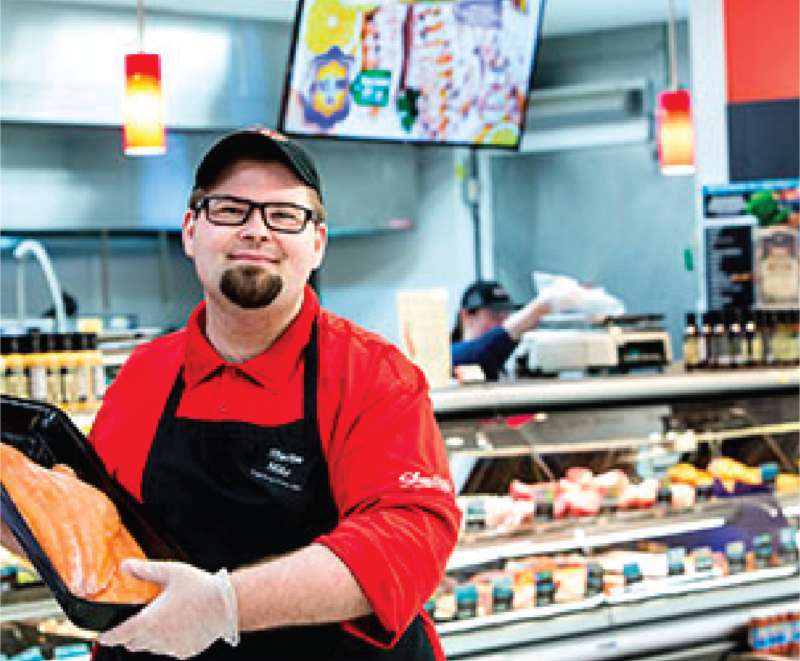
In our efforts to keep seafood abundant and safe for generations to come, we work with wild caught and farmed seafood suppliers who source their stocks from well-managed fisheries—ones that meet the requirements and practices established by their respective governing bodies. Wakefern will not supply products like orange roughy, shark and blue-fin tuna that have been identified as red-listed species due to overfishing and compromised ecosystems.
Marine Stewardship Council >
We’re a proud member of the Sustainable Packaging Coalition, a leading voice and collaborative for sustainable packaging that's good for people and the environment. By sharing ideas and emerging research in this space, we’ve been able to refine our approach to include three key areas of focus: responsible sourcing, design optimization, and design for recovery. Many of our private label products feature a special How2Recycle® label. This label clearly communicates recycling instructions to our consumers and was designed by GreenBlue and the Sustainable Packaging Coalition.
One significant development we’re proud to share is growing our use of reusable plastic containers (RPCs) for transporting produce and other products from our warehouses to our stores. Unlike conventional single-use packaging, RPCs allow produce to be stored, handled and stacked more efficiently and durably. As a result, less food is lost to preventable damage, and the packaging is not wasted.
In 2019 we replaced all of our private label polystyrene egg cartons to either recyclable plastic or 100% recycled fiber, FSC certified pulp packaging. With each successful transition to more sustainable practices, we’re even more energized to reduce waste, increase recyclability, eliminate chemicals of concern, and drive innovation with our private label products.
We’re dedicated to providing food for our communities while taking a multi-faceted approach to reducing food waste in all of our stores. Wakefern and its banners donate well over 7 million pounds of food annually. We also have robust processes in place throughout the cooperative to reduce food loss and divert food waste from landfills. Our compost program converts food waste to animal feed and fertile soil. Our cooking oil recycling program transforms cooking oil and grease to biofuel. And our warehouses work with facilities that convert food waste to renewable energy. In 2023, we recycled over 42 million pounds of organic solids.
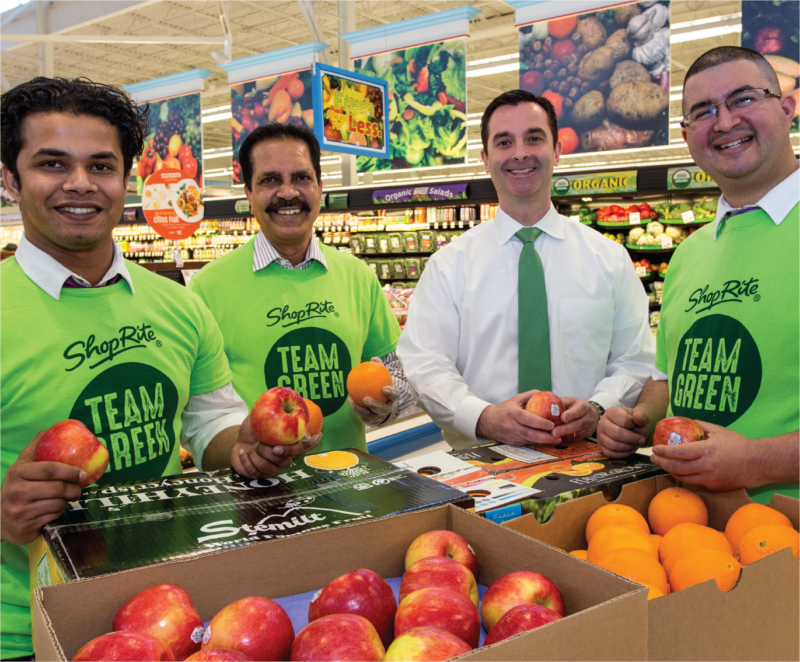
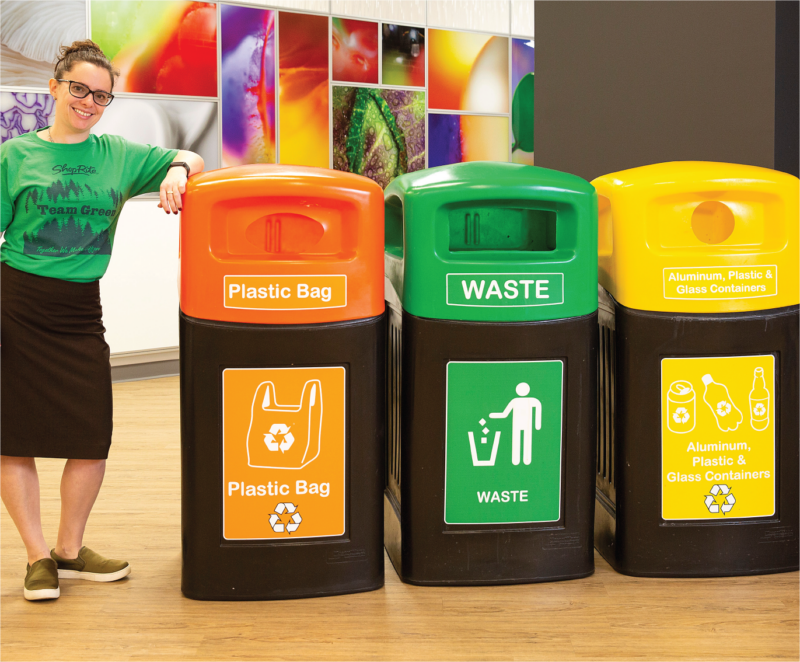
We have our own materials recovery facility in Elizabeth, NJ that has recycled over 2.6 million tons of materials since the 1970’s. Our warehouses, offices and banner stores recycle over 150,000 tons of material annually including cardboard, plastic bags/flexible plastic film, paper, hard plastics and wooden crates. Our stores, offices, and warehouses all participate in our recycling program and the majority of our stores have dedicated flexible recycling containers for our customers.
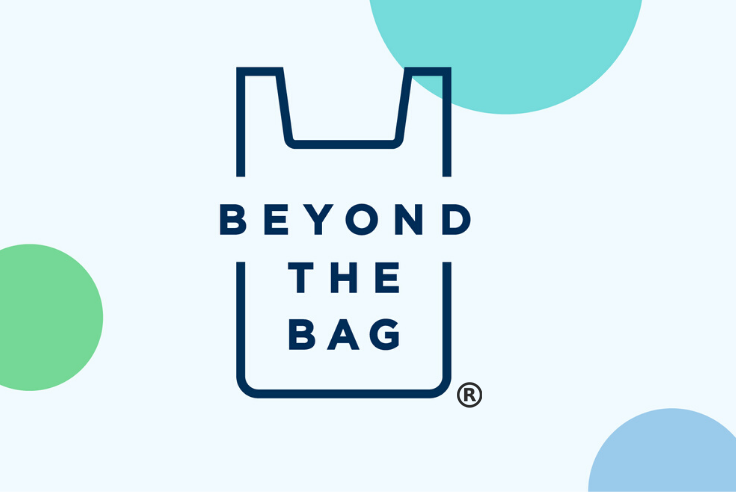 At Wakefern, we believe the best bag is a reusable bag. That’s why we’ve joined the Beyond the Bag Initiative, working alongside other major retailers to address plastic bag waste at an industry-wide scale. The initiative, launched by the Consortium to Reinvent the Retail Bag, aims to identify, pilot and implement viable and sustainable design solutions and models to serve the purpose of the current retail bag. As a supporting partner, Wakefern is strengthening their reach and impact within the food and beverage retailing sector, and beyond.
At Wakefern, we believe the best bag is a reusable bag. That’s why we’ve joined the Beyond the Bag Initiative, working alongside other major retailers to address plastic bag waste at an industry-wide scale. The initiative, launched by the Consortium to Reinvent the Retail Bag, aims to identify, pilot and implement viable and sustainable design solutions and models to serve the purpose of the current retail bag. As a supporting partner, Wakefern is strengthening their reach and impact within the food and beverage retailing sector, and beyond.
Our stores promote bag reuse with a broad assortment of affordable, sustainable and reusable bags for shoppers. Reusing, recycling and reducing the number of bags we use means less trash is sent to the landfill and fewer environmental resources are wasted.
Beyond the Bag >
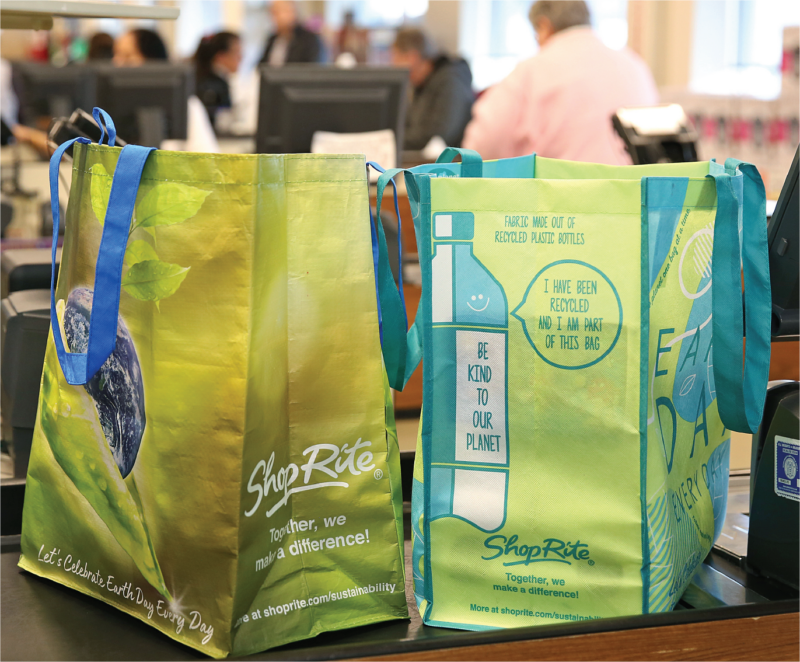
We believe it is our responsibility as global citizens to reduce our environmental impact through our business practices, policies and daily decision-making—including the creation of a sustainable and ethical supply chain for our products. Whether we’re directly involved in our suppliers’ practices or not, their actions have a fundamental impact on our own social, ethical and environmental footprint.
The food industry has aptly evolved to demand a heightened level of transparency at every level of the supply chain, and we’re committed to not just meeting, but exceeding those expectations with the right network of suppliers. Our responsible sourcing requires that supply chains respect human rights, ensure safe living and working conditions, prohibit child or forced labor, and minimize any negative environmental and social impact of their practices.
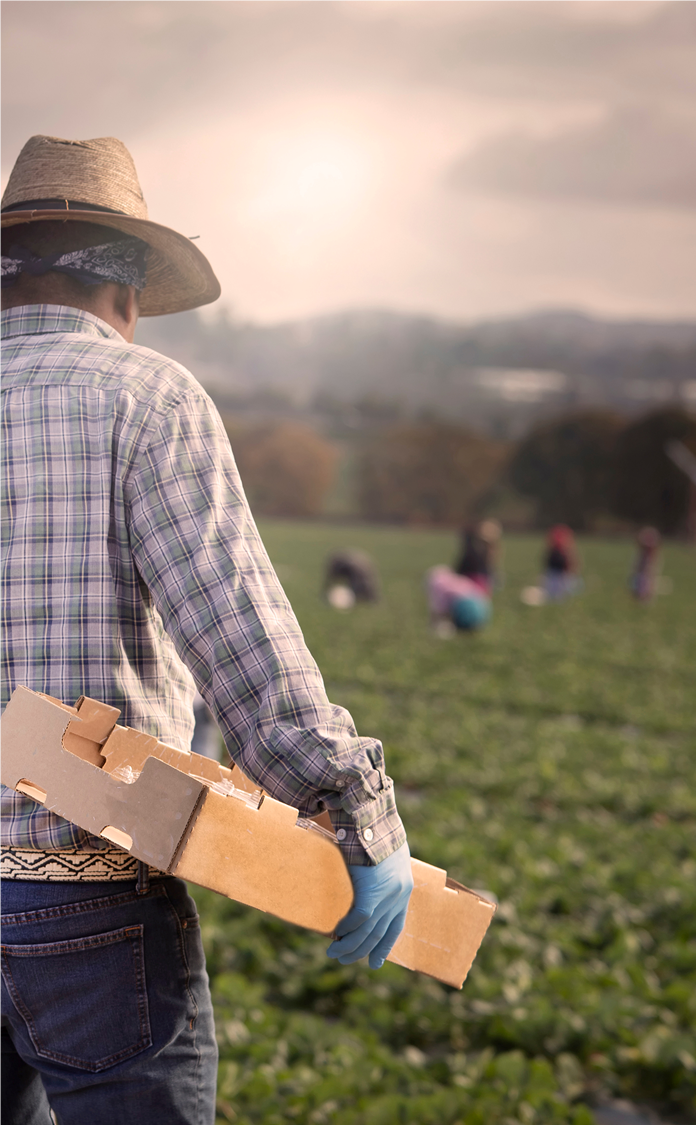
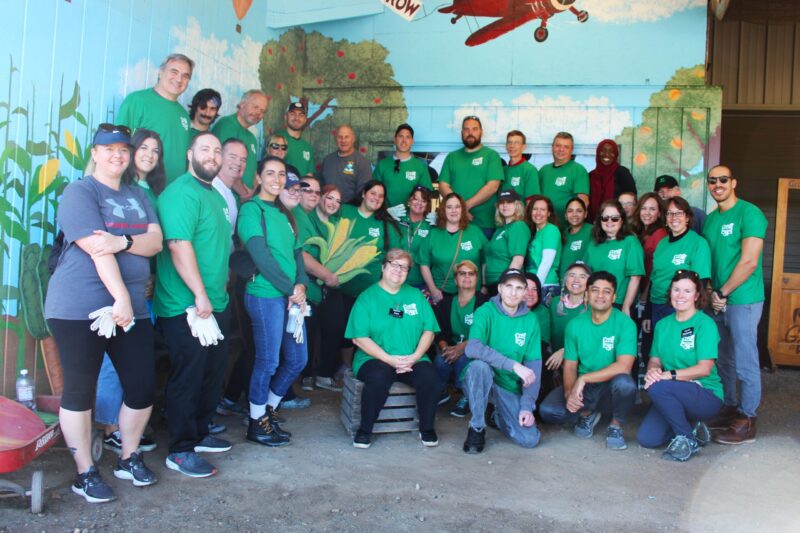
For many years, we’ve worked to identify and partner with 25 like-minded Environmental Non-Government Organization’s (E-NGO’s) that support populations with a median household income under the federal poverty line, grade school students, minority populations with English as their second language, TANF, National School Lunch Program, Medicaid, and SNAP recipients. At the state and regional level, the E-NGOs we partner with address water quality, land conservation, wildlifeprotection, environmental injustice, and healthy urban environments.
Our sponsored E-NGOs share our commitment to creating cleaner and greener environments in the communities where we live and operate.

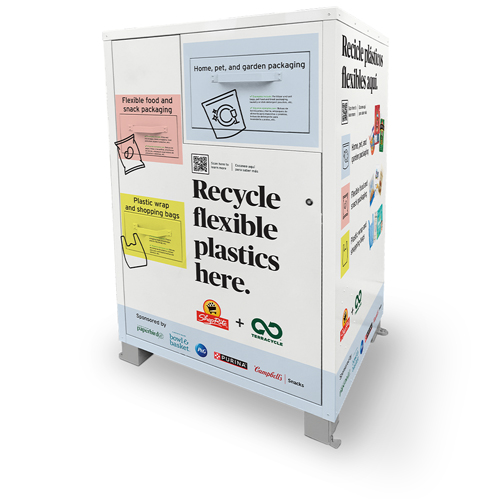
ShopRite is teaming up with TerraCycle® to offer a free recycling pilot program available at five ShopRite locations for consumers to recycle their flexible film packaging.
Flexible film packaging is not locally recyclable, leaving consumers without access to a local recycling collection solution for this waste stream. Our recycling pilot program helps provide a collection resource in five local communities where consumers are able to recycle their flexible film packaging, giving new life to these materials while reducing waste and keeping it out of landfills.
Consumers can drop off their home, pet, and gardening packaging, flexible snack food packaging, and plastic wrap and shopping bags into the ShopRite Collection Kiosks at these five ShopRite locations:
Learn more about the recycling pilot program here.
